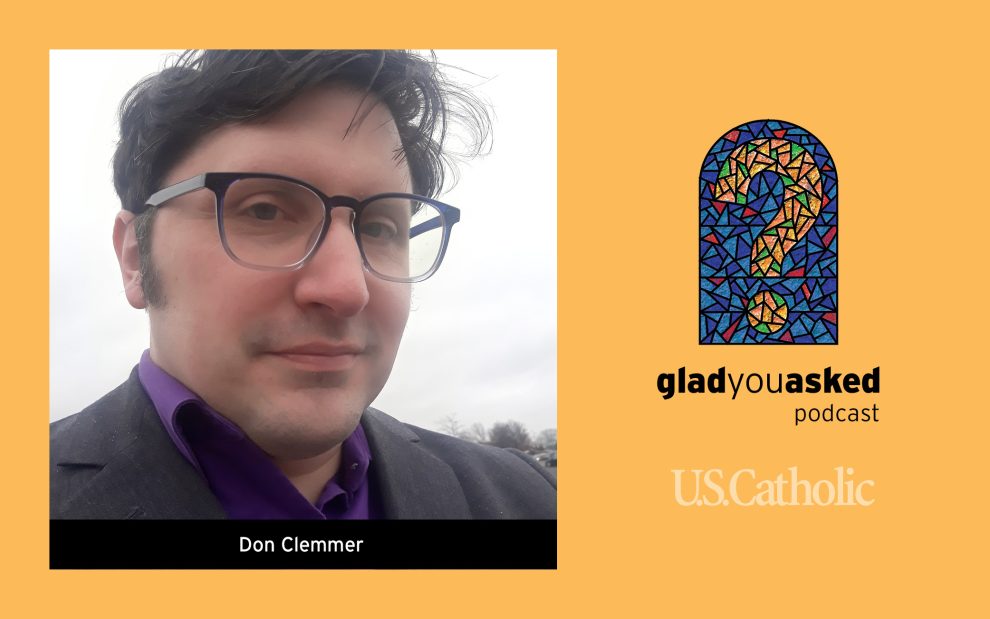The Catholic Church, albeit not a democratic nation-state, has one of the most long-standing voting traditions in the world. When a pope dies, their successor is chosen by election. However, only a few Catholics—the cardinals of the church—participate. And the Catholic magisterium teaches that even though humans vote, it’s the Holy Spirit guiding the process. Even though the pope is the head of state for Vatican City, the election of a new pontiff is supposed to be about God’s will for the church, not about the triumph of this or that political faction.
The Catholic Church has held many conclaves over the centuries, some contentious. The recent death of Pope Francis provoked widespread media speculation not only about who would succeed him but how the process of choosing a pope works at all. Especially in an era where everything is visible and conducted for an audience, the very secrecy of the conclave—as the voting process is called—adds to the intrigue.
On this episode of Glad You Asked, the hosts talk to guest Don Clemmer about who chooses a pope, how the process works, and some of the traditions associated with the conclave. Clemmer is editor of Connection magazine for the NETWORK Lobby for Catholic Social Justice and coproducer of the Just Politics podcast. He has written extensively for U.S. Catholic, as well as for many other publications, and previously worked in the media relations office of the United States Conference of Catholic Bishops.
Find out more about this subject, and read some of Clemmer’s work, in these links.
- “How is a pope chosen?” by Jacob Kohlhaas
- “What happens when a pope dies?” by Amanda Osheim
- “What is the College of Cardinals?” by Jacob Kohlhaas
- “What is the origin of the papal smoke?” by David Pitt
- “The 12 cardinals who might succeed Pope Francis,” by Don Clemmer
- “Can the church change?” by Don Clemmer
- “Rigid definitions of ‘Catholic’ leave too many out in the cold,” by Don Clemmer
Glad You Asked is sponsored by the Claretian Missionaries.













Add comment